Delusional, unhinged: eliminating Yevgeny Prigozhin only exposes Vladimir Putin
Yevgeny Prigozhin’s days were numbered after his aborted coup but his assassination is the latest in a sequence of misjudgements around the Ukraine war. Putin appears increasingly irrational.
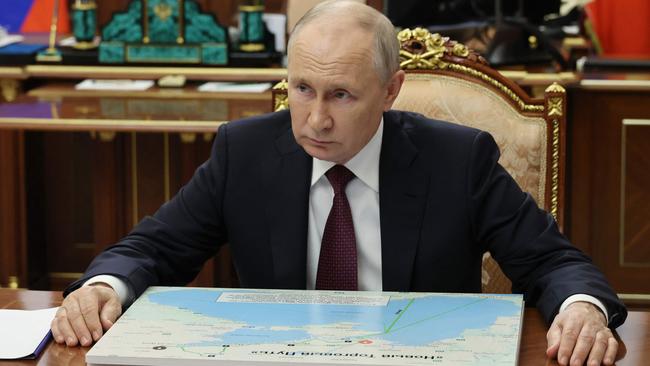
Russia is entering a new time of troubles, a period of vicious topsy-turvy historical transition that Russians call smuta. That is what Vladimir Putin appears to believe and it is his rationale for killing his previously useful warlord Yevgeny Prigozhin. It positions the president, he likes to think, as a national saviour, a benign modern-day tsar protecting his lands from foreign occupation, from traitors and pretenders to the throne. Delusional? Certainly. Dangerously unhinged? Perhaps.
The elimination of foul-mouthed Prigozhin, Putin reckons, is an act of strength. In fact it is the latest in a sequence of misjudgements around the stumbling invasion of Ukraine. Prigozhin, although without doubt a nasty piece of work, did have a knack for speaking truths about Russian military failings. “Shoigu!” he would bellow to the defence minister, Sergei Shoigu, using his Telegram video channel, “Where’s the f***ing ammunition!” He knew Putin was watching and that the ammo would come. But neither Putin nor Shoigu forgave him.
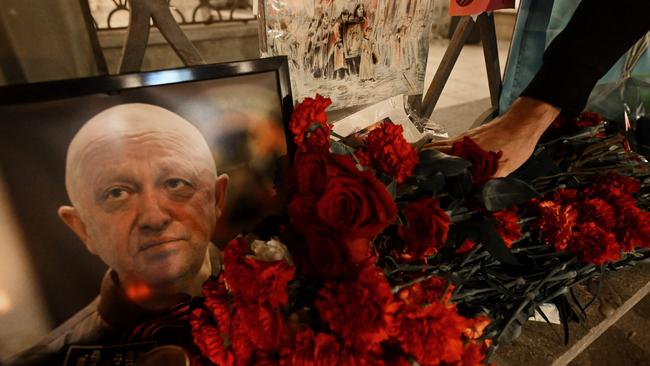
When the mutinous Wagner cavalcade towards Moscow was halted in June, Putin made his first reference to smuta. The one he referred to was in 1917, but it could just as well have been the original smuta at the end of the 16th century when the enfeebled Tsar Feodor I died without a direct heir, ushering in long years of infighting and open revolt. Prigozhin, said his former mentor, was dragging Russia back to those years. “Intrigues, squabbles, politicking behind the backs of the army and the people led to great calamity, destruction of the army and the demise of the state and, in the end, the tragedy of civil war,” Putin told Russian viewers. It was a rally-around-me speech. But the logical follow-up was to arrest Prigozhin and his closest supporters, charge them with treason and hold a secret trial.
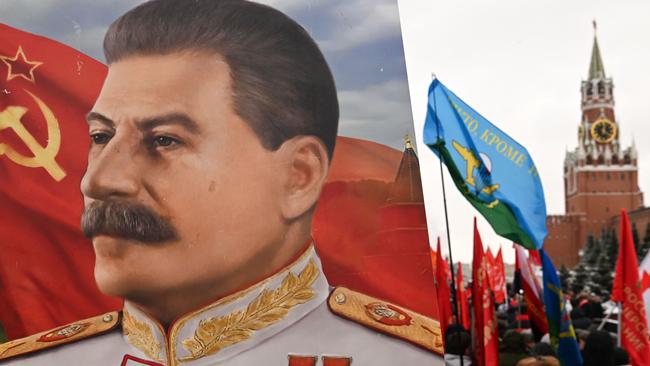
He did not follow through because he was afraid the Wagner group was too entangled with Russian military intelligence, the GRU, that Prigozhin had too many friends in the regular army and that his expeditionary forces in Africa were commercially and politically lucrative. Putin in other words felt action against Prigozhin might trigger the very actions he was trying to prevent, spark an all-out feud in the establishment. What if he was left with no choice but to call for a general mobilisation and young metropolitan men cleared out of the country? Cracking down on Prigozhin could actually end up deepening his dependency on the mercenary force.
And so Prigozhin was allowed to live a bit longer, preferably a long way from the Kremlin. In the end, when Prigozhin was killed, there was hardly a wet eye in the country; just deserts for Putin’s chef. Putin imagines himself strong because payback came at a moment of his choosing. He was following the playbook of the Godfather franchise, the hoary maxim of vendetta being a dish best served cold. But Prigozhin was living on borrowed time and so no one should be surprised at his passing. As the CIA chief Bill Burns put it: “Putin is the ultimate apostle of payback.”
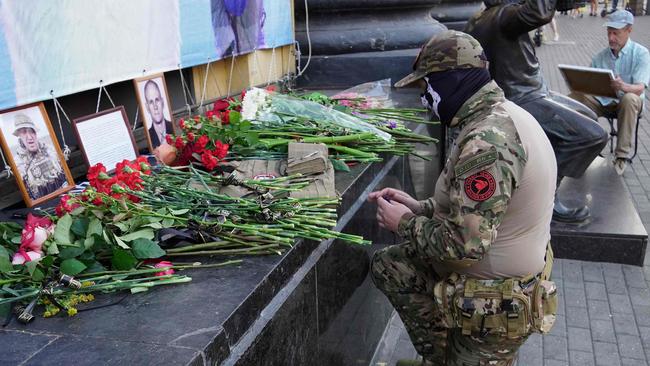
While waiting for his moment, Putin shoved aside any senior officer suspected of sympathy with the Wagner group. The latest to go was Sergei Surovikin, head of the aerospace forces and a hardline favourite (the giveaway is his jovial nickname General Armageddon). He was fired shortly before the Prigozhin jet crash. Putin’s other move was to encourage the rapid growth of other mercenary outfits to pick up the slack left by the shrinking Wagner businesses.
Even so, when it came, it was a clumsy assassination. Sergei Markov, a former Kremlin spokesman, found himself yesterday (Thursday) blaming Ukrainian special forces, on the grounds that it would have been irrational for the Russians to shoot down a Russian plane over Russian territory. The word “irrational” does a great deal of work in that sentence. Rational, presumably would be the defenestrations (chairman of Lukoil, critical blogger, diplomat in Berlin, the sausage tycoon), the poisonings (including one toad poisoning), the assisted suicides, the murder-suicides, the falling down stairs (former head of the Moscow Aviation Institute): all ambiguous, could-happen-to-any-of-us incidents.
Prigozhin’s air crash – he had his deputy and potential successor, Dmitry Utkin with him – was a blatantly performative execution. And while he had plenty of enemies, any honest investigator would have pencilled in “Vladimir Putin?” at the head of the suspects’ list. It could have been a bomb in a suitcase, but that would have meant getting round the Wagner guards who always keep watch on the parked plane. It could be that Prigozhin and Utkin had already been drugged before they boarded. Air defence missiles might have “misfired”. The details are still being discussed but there was no way this could be plausibly presented as an accident. Nor is Putin particularly bothered by the finger of suspicion.
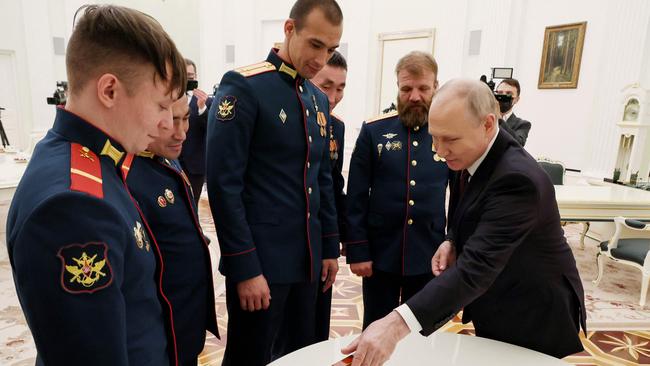
It is not just that he emerges weakly from the Prigozhin affair. It is that he has become an irrational actor, not just bad but mad. The exaggerated isolation of his Covid lockdown months left him slow on his feet. He started the war with several operational commanders in charge of different fronts, he brought up tanks without support, he trusted obviously biased intelligence about how welcome the Russian troops would be, he didn’t ask questions about the supply lines because he was reckoning on a short campaign. He had insisted it should be a policing operation and the troops were better trained in firing tear gas canisters at demonstrators than fighting off an army of resistance. Indeed most of the Russian units did not realise they were supposed to act as an invasion force.
Intelligence briefings were often contradictory, the army in the dark and Putin at his worst – confused and reluctant to ask questions of generals lest he be depressed by their answers. This isolation has continued. He does not visit the front. He still doesn’t talk of a war lest someone asks him whether Russia is winning it. In so far as he mentions war, it is in the context of a war of civilisations. But people get killed in wars of ideas too.
In his public appearances he poses with three flags: Peter the Great’s tricolour, which is now the flag of the Russian federation; the imperial Russian flag of Tsar Alexander II; and the Red Banner of Joseph Stalin. That’s who he wants to be measured against. All had imperial ambitions, all – even Stalin, in terms of western-style industrialisation – were modernisers. That is the depth of his failure, the root of his frustration. After decades in power he has made Russia poorer; he has shamed it. His conscience is clean only because he never uses it.
The Times

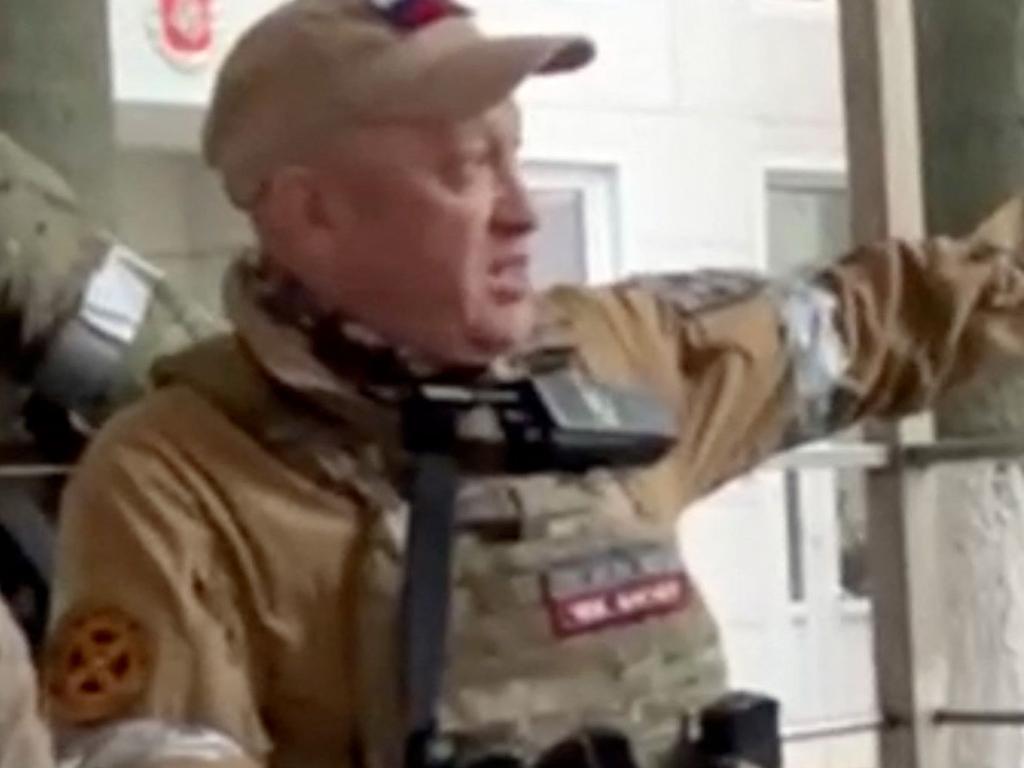
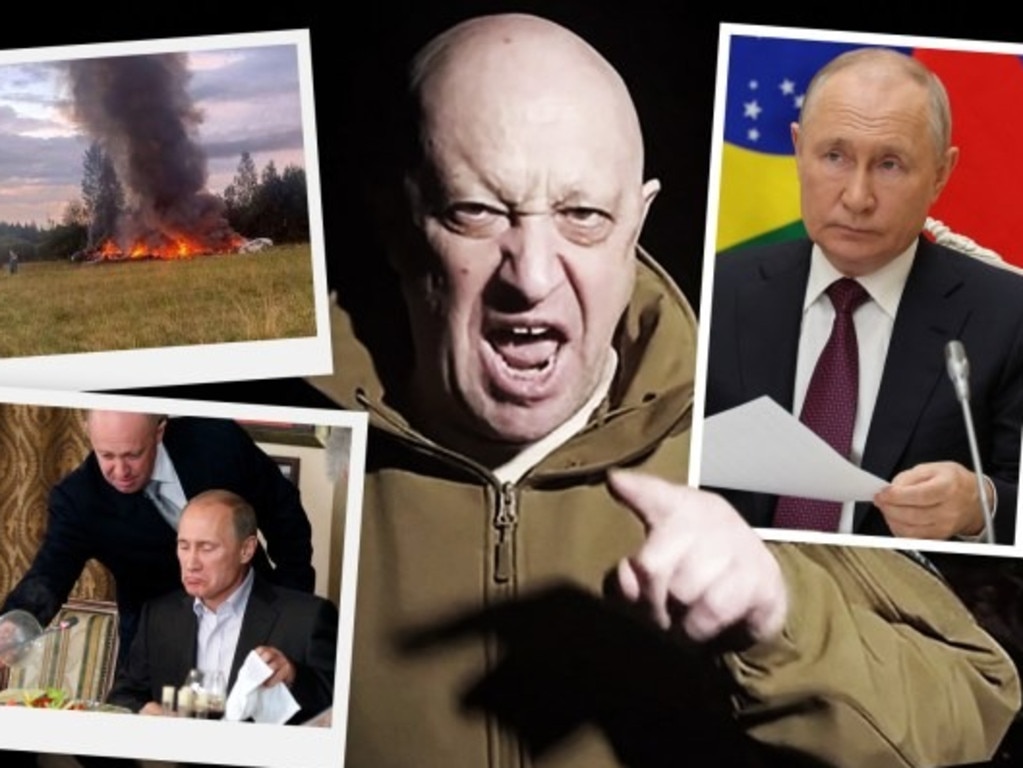
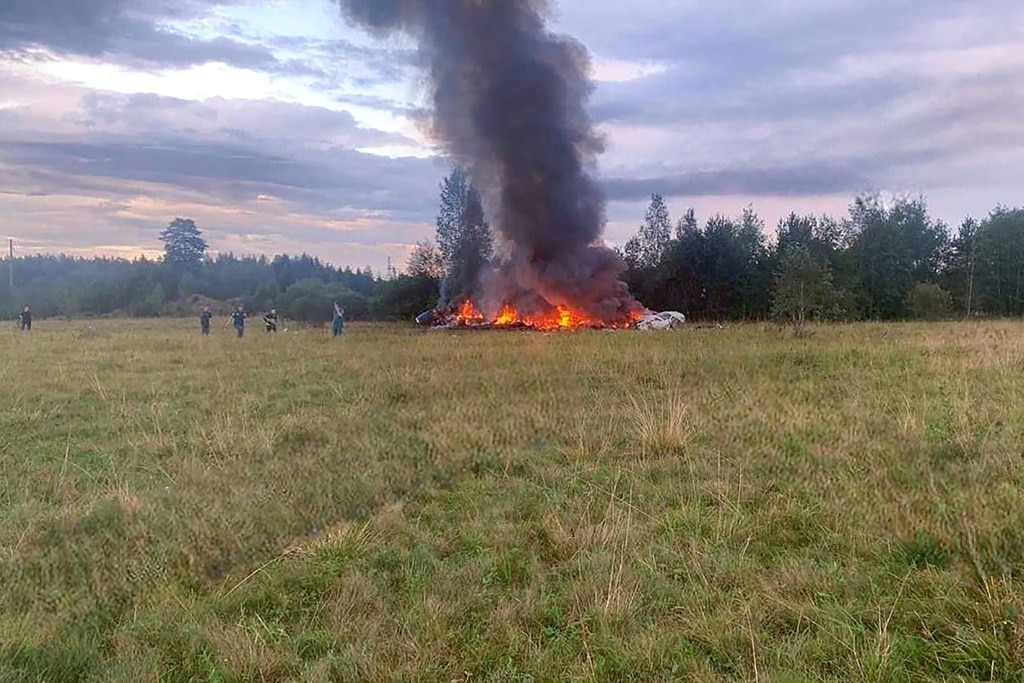
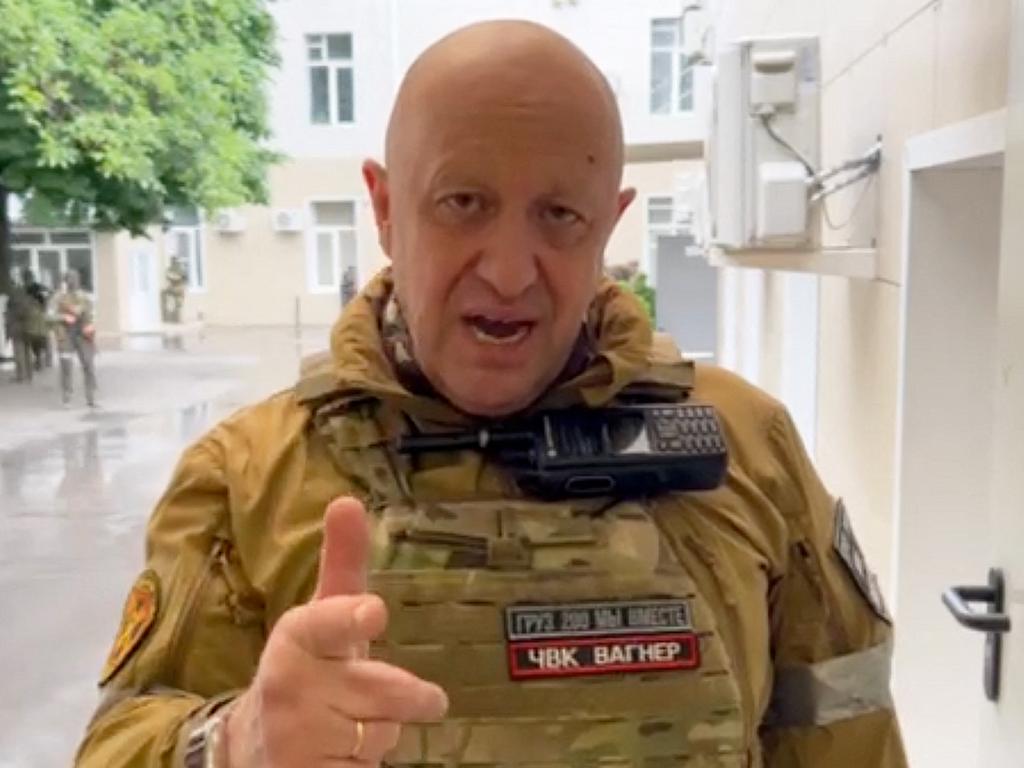


To join the conversation, please log in. Don't have an account? Register
Join the conversation, you are commenting as Logout